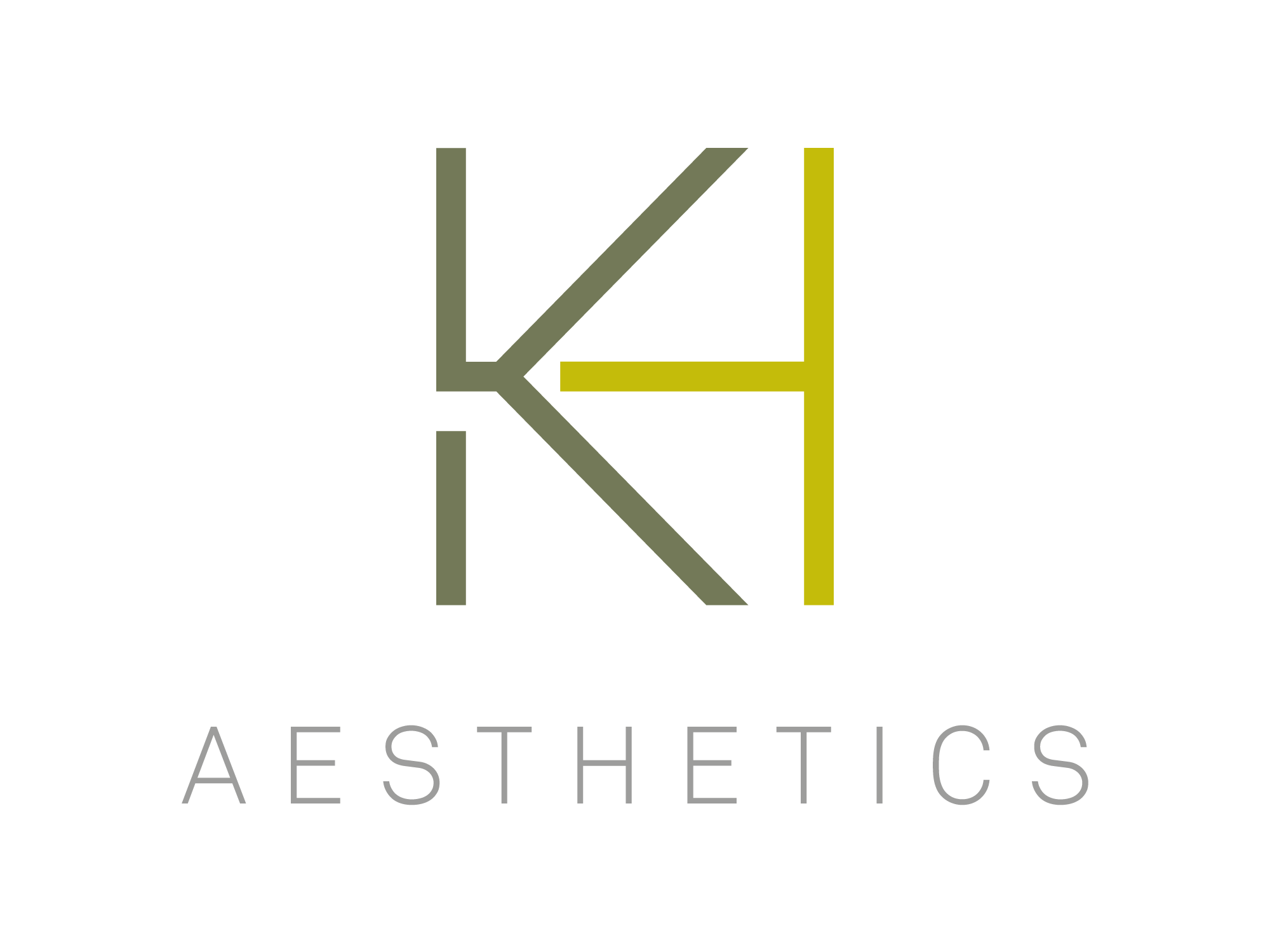Inflammatory skins are often associated with conditions such as, eczema, psoriasis, seborrheic dermatitis and rosacea. Along with the physical symptoms, these reactive conditions can often have an impact on a person’s self-esteem and mental health. Symptoms are often exacerbated by UV exposure, stress, heat, coffee, spicy food and alcohol; and frequently presents with erythema (redness), dryness, itching and inflammation. Histamine is heavily involved with the inflammatory response and once released widens the blood vessels which triggers a cascade effect involving fibroblasts, keratinocytes, phagocytes, T and B lymphocytes.
An important step in skin care is to hydrate the skin to prevent and soothe dry skin, protect sensitive skin and improve the appearance of skin tone and texture. While all skin types need thorough cleansing, delicate skin requires extra special care and gentleness. Choosing an appropriate cleanser to remove impurities from your skin without drying or causing irritation to delicate surface layers and preventing Transepidermal water loss (TEWL), which is common in reactive skins. The use of an effective hydrator to trap water and provide an occlusive physical barrier to prevent TEWL and assist in regulating cell turnover.
Ingredients such as Vitamin A (retinol) assists with the skins immune response and ensures the extra cellular matrix health remains balanced, whilst providing anti-inflammatory benefits. Vitamin C, prevents environmental damage to skin due to a strengthening of antioxidant defences, preventing oxidative damage, along with increasing collagen and elastin synthesis. And Vitamin E, another powerful antioxidant also known as a free radical scavenger with anti-inflammatory properties. Finally, the most important part of skin care is UV protection against DNA damage, which combines both UVA and UVB protection, is fragrance and PABA-free and dermatologist tested.




